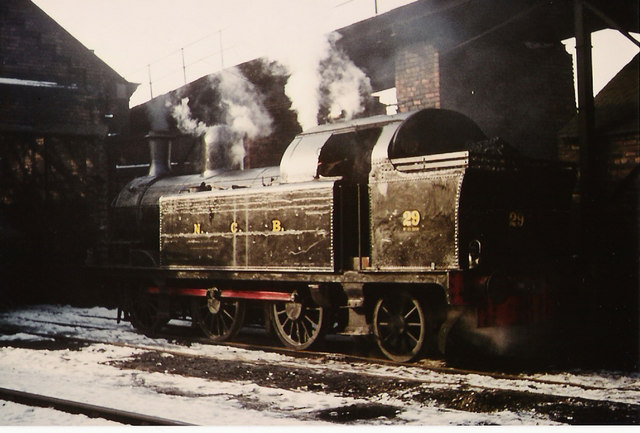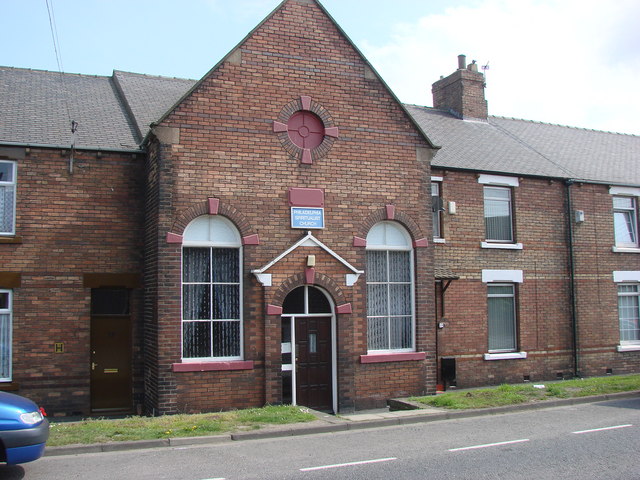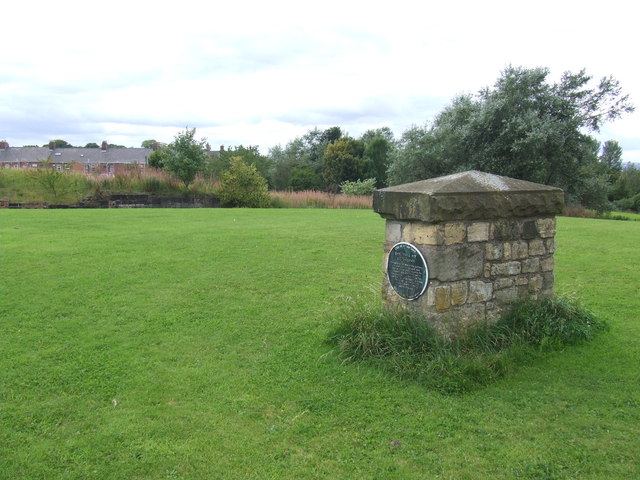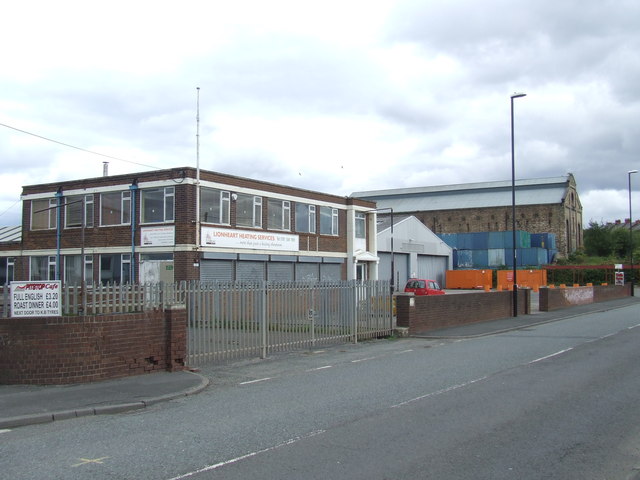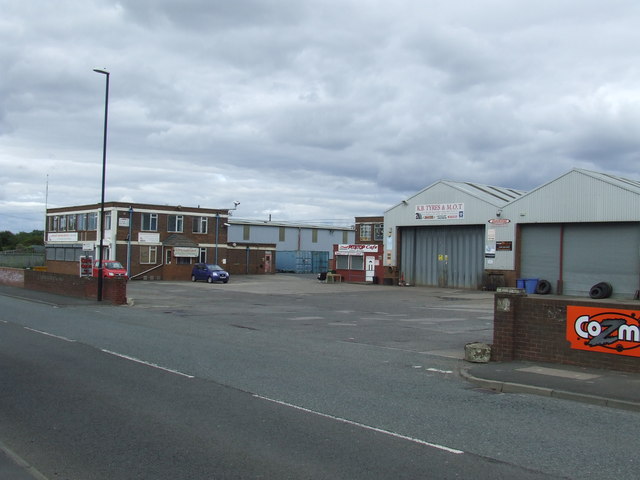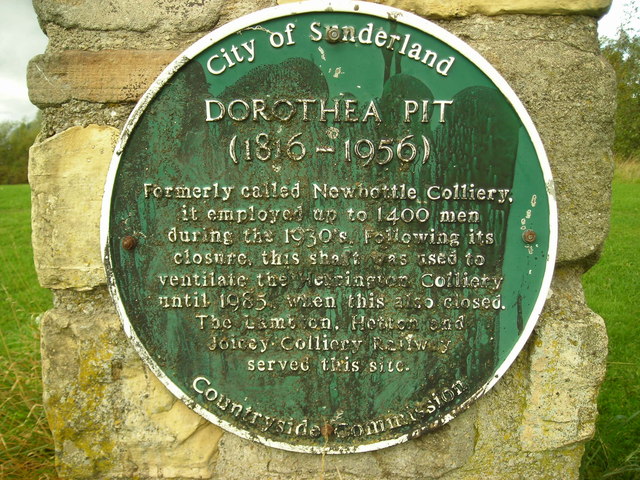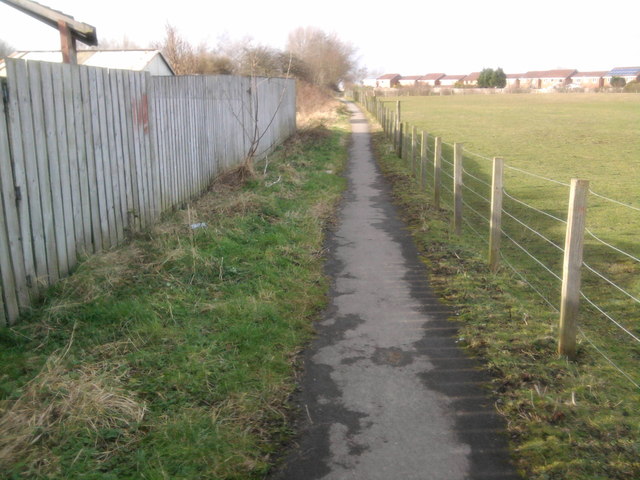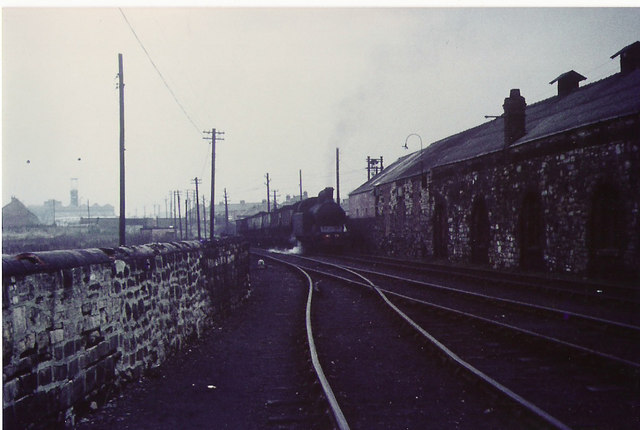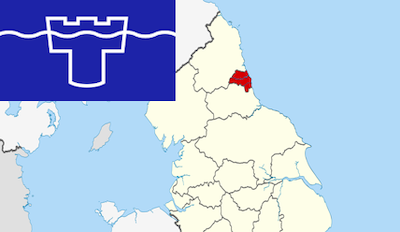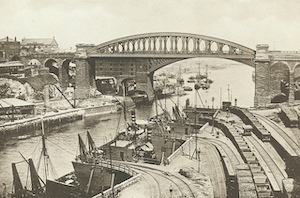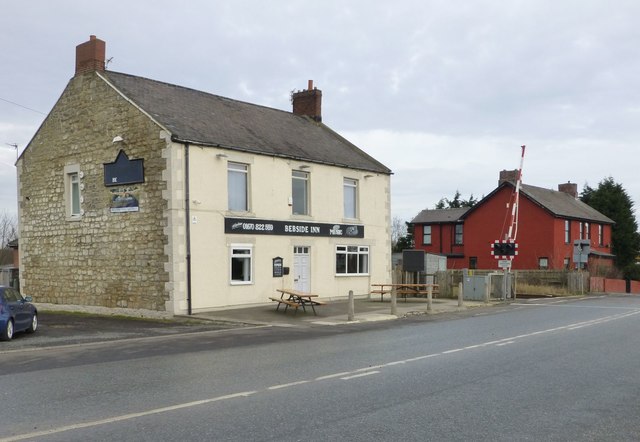Topics > Tyne and Wear > Sunderland > Philadelphia
Philadelphia
Philadelphia is a village near Newbottle within the metropolitan area of the City of Sunderland. It grew as a mining village and was named by a local colliery owner after Philadelphia in North America, when the city was captured by the British army during the American War of Independence.
Note: there was also once a colliery and village named Philadelphia in Murton Township, near North Shields.
Philadelphia is a village in Tyne and Wear, England. It lies on the A182 road between Newbottle and Shiney Row.
History
Unlike nearby Washington, it post-dates its namesake in the United States, being named during the American Revolutionary War by a local colliery owner to commemorate the British capture of the city. The village cricket field is named "Bunker Hill", after another famous battle in that war.
Philadelphia was the place of the 1815 Philadelphia train accident, the explosion of the boiler of an early steam locomotive. The number of deaths (16, other sources state 13) was the highest in a railway accident until 1842.
Visit the page: Philadelphia, Tyne and Wear for references and further details. You can contribute to this article on Wikipedia.
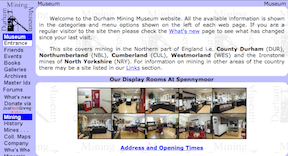
from http://www.dmm.org.uk/collier…
Newbottle Colliery (1774-1956)
- Also known as Neasham's Main Colliery
Added by
Simon Cotterill
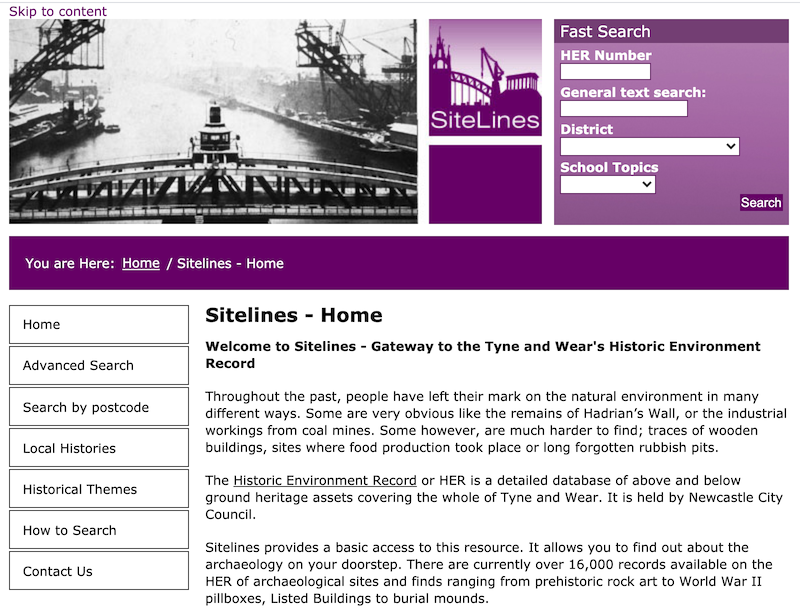
from http://twsitelines.info/SMR/3…
Tyne and Wear HER(3122): Philadelphia Works
- "To serve the Lambton Railway and to carry out repairs for collieries the "Earl of Durham's Engine Works", later better known as the "Lambton Engine Works" was gradually erected alongside …
Added by
Simon Cotterill

from http://twsitelines.info/SMR/5…
Tyne and Wear HER(5107): Philadelphia, Generating Station
- "Temporary power station was opened at Philadelphia by the Sunderland District Electric Tramways Ltd in 1905, beside their tramway depot. In 1906 a permanent station had been built by the …
Added by
Simon Cotterill
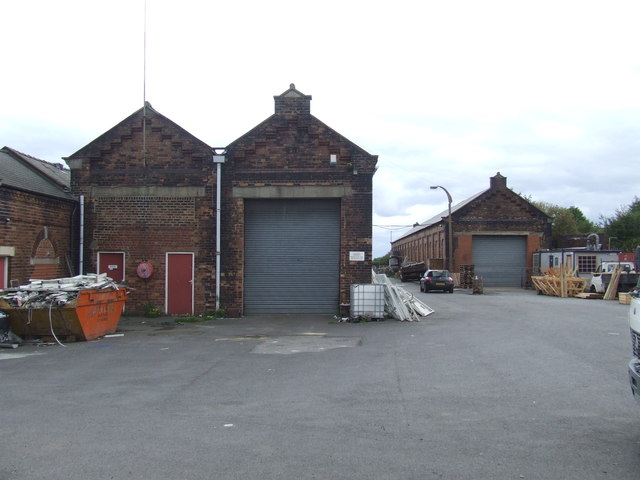
from Geograph (geograph)
Former railway sheds, Philadelphia near Washington
Pinned by Simon Cotterill

from IllustratedChronicles (flickr)
LCF Sheriff - 6th DLI - Philadelphia (Killed)
Pinned by Simon Cotterill

from IllustratedChronicles (flickr)
EW Johnstone - RFA - Philadelphia (Died of wounds)
Pinned by Simon Cotterill
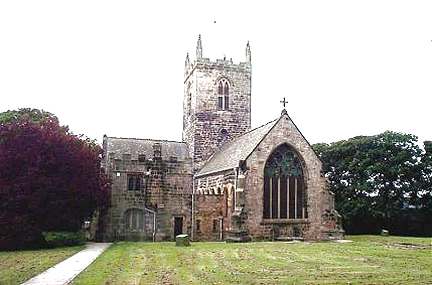
Co-Curate Page
Houghton-le-Spring
- Overview About Houghton-le-Spring Map Street View Houghton-le-Spring is a town in North East England, which has its recorded origins in Norman times. Historically in County Durham, it is now …
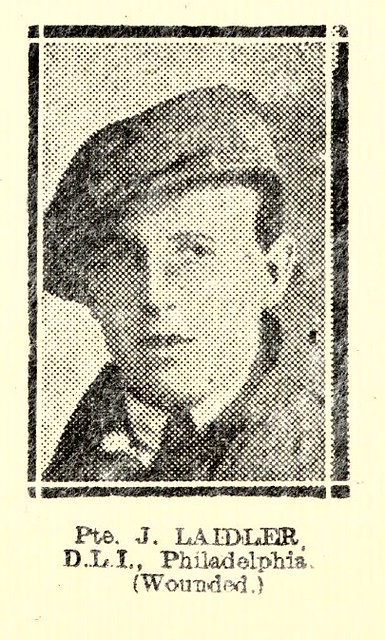
from IllustratedChronicles (flickr)
J. Laidler - DLI - Philadelphia - Wounded
Pinned by Simon Cotterill


from http://www.dmm.org.uk/collier…
Newbottle Colliery (1774-1956)
- Also known as Neasham's Main Colliery
Added by
Simon Cotterill

from http://twsitelines.info/SMR/3…
Tyne and Wear HER(3122): Philadelphia Works
- "To serve the Lambton Railway and to carry out repairs for collieries the "Earl of Durham's Engine Works", later better known as the "Lambton Engine Works" was gradually erected alongside …
Added by
Simon Cotterill

from http://twsitelines.info/SMR/5…
Tyne and Wear HER(5107): Philadelphia, Generating Station
- "Temporary power station was opened at Philadelphia by the Sunderland District Electric Tramways Ltd in 1905, beside their tramway depot. In 1906 a permanent station had been built by the …
Added by
Simon Cotterill

from Geograph (geograph)
Former railway sheds, Philadelphia near Washington
Pinned by Simon Cotterill

from IllustratedChronicles (flickr)
LCF Sheriff - 6th DLI - Philadelphia (Killed)
Pinned by Simon Cotterill

from IllustratedChronicles (flickr)
EW Johnstone - RFA - Philadelphia (Died of wounds)
Pinned by Simon Cotterill

Co-Curate Page
Houghton-le-Spring
- Overview About Houghton-le-Spring Map Street View Houghton-le-Spring is a town in North East England, which has its recorded origins in Norman times. Historically in County Durham, it is now …

from IllustratedChronicles (flickr)
J. Laidler - DLI - Philadelphia - Wounded
Pinned by Simon Cotterill
